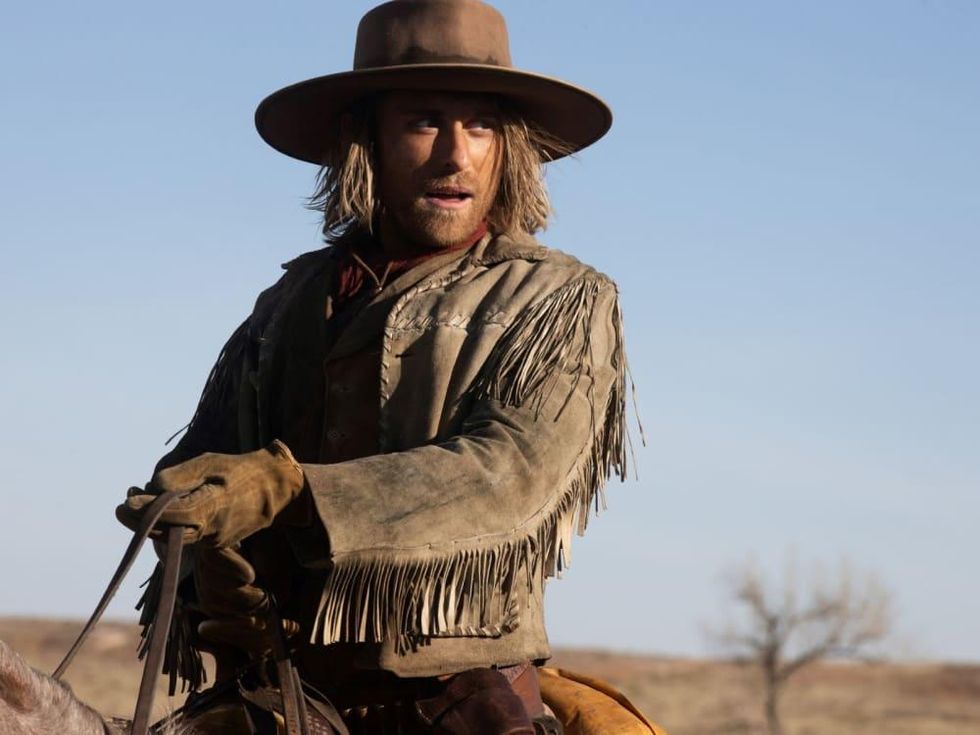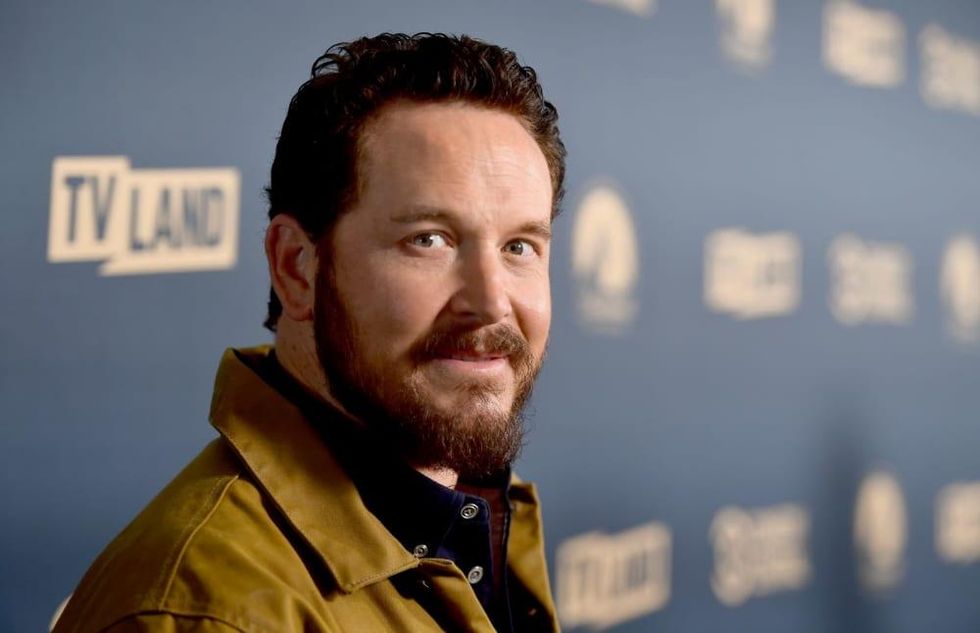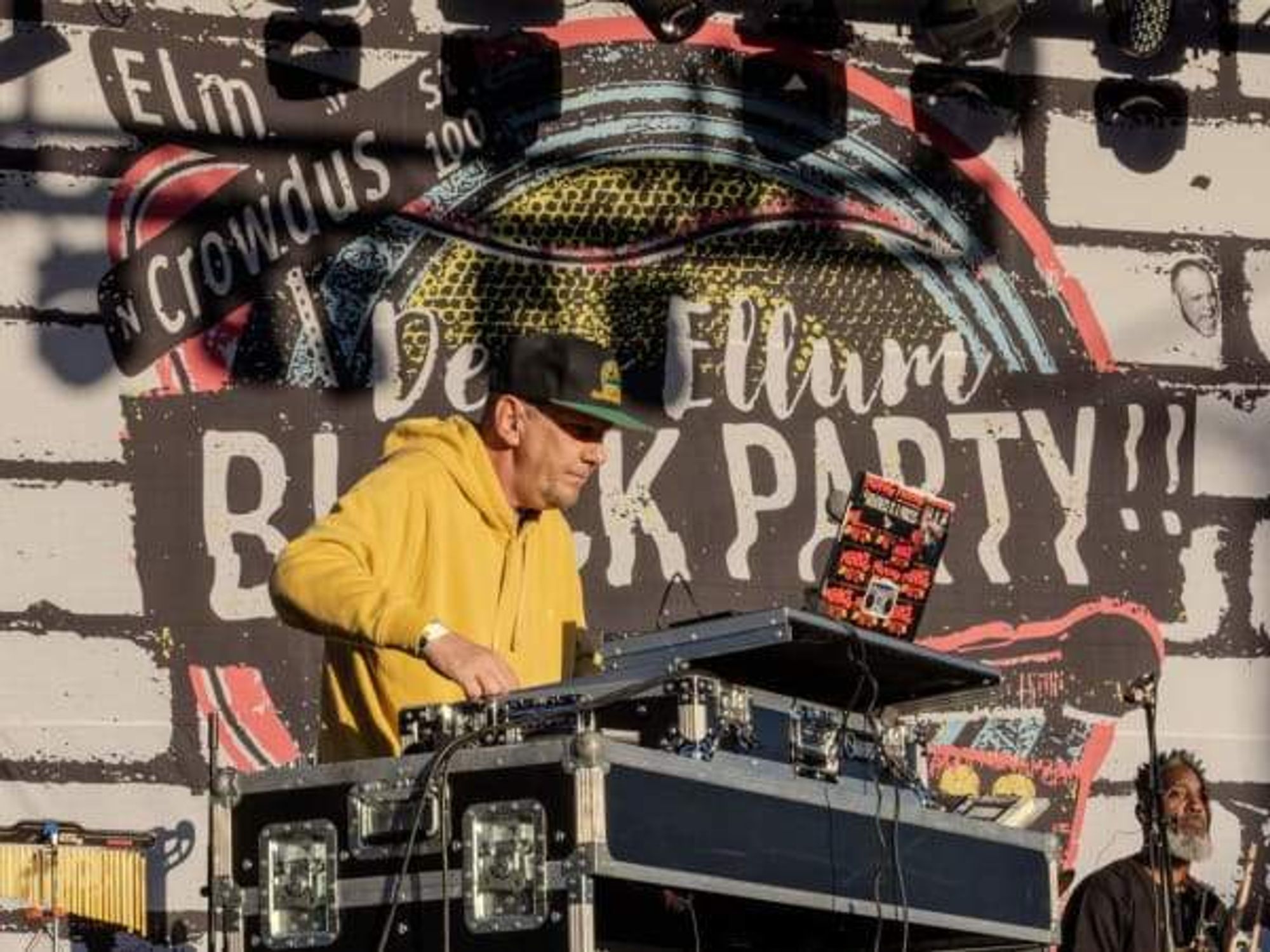Hollywood in Cowtown
Meet 2 hot stars of Yellowstone and 1883 in Fort Worth this week
Two stars of TV's hottest shows on the planet, Yellowstone and 1883, are making quick appearances at the Fort Worth Stock Show & Rodeo, and the public is invited to meet-and-greet them.
According to a January 31 Facebook post by FWSSR, Cole Hauser, who plays bad-boy ranch hand Rip Wheeler in Yellowstone, and Eric Nelsen, who plays cowboy Ennis in 1883, will be available for autographs on February 1 and 2.
"This is your personal invitation to meet cast members of Yellowstone and 1883 at the Stock Show!" they say in the post. "Autograph sessions are scheduled for: Tuesday (Feb 1) and Wednesday (Feb. 2)."
Here's the schedule and location information they reveal:
- 4:30-6 pm - Amon G. Carter Exhibits Hall (Yellowstone Booth – South End of Aisle 700).
- 6:30-7:30 pm - Dickies Arena – FWSSR PRORODEO Tournament (Rodeo Ticket Required), Dickies Arena Concourse Adjacent to Section 113.
The stars will sign autographs, but fans are expected to adhere to social distancing guidelines while interacting with them, organizers say. Special Yellowstone and 1883 merchandise also will be for sale.
1883, the prequel to Yellowstone, was filmed in and around Fort Worth late last summer. Creator Taylor Sheridan lives in Weatherford. It is currently streaming on Paramount+.
The Fort Worth Stock Show & Rodeo is winding up its 2022 run on February 5.


